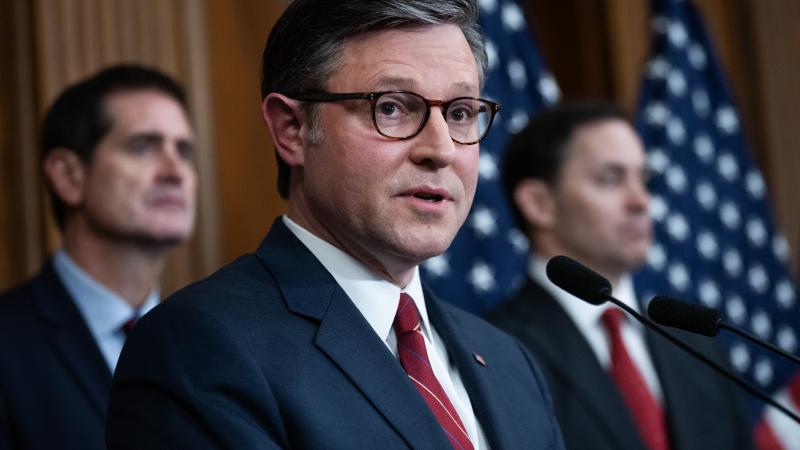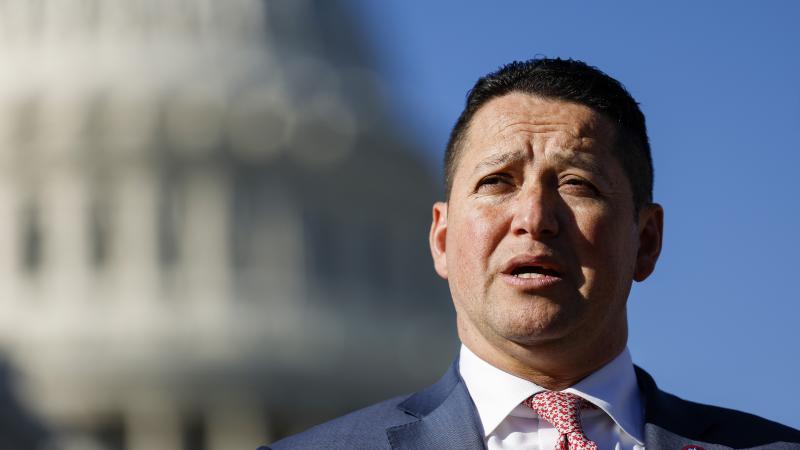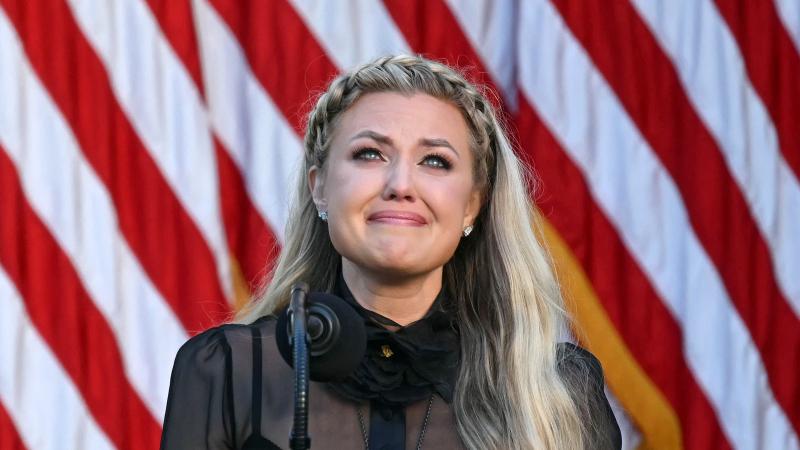COVID learning loss, poor test scores could cost Arizona 18,000 high school grads by 2032: report
The CSI report suggests that the education declines could lead to an uptick in crime and economic issues, estimating a $5.81 billion “cumulative State GDP Loss Through 2032.”
Arizona students have been majorly impacted long-term by virtual learning throughout the COVID-19 pandemic.
A new report from the Common Sense Institute Arizona estimates a possible 18,419 fewer high school graduates by 2032 and 26,281 fewer college graduates in 2026 in Arizona stemming from poor standardized testing scores in the aftermath of the pandemic.
Specifically, 4th and 8th-grade reading scores dropped by 0.2% and 0.4% in Arizona between 2019 and 2022, citing data from the National Assessment of Educational Progress. Although that was better than the national average, math score declines were more extensive than the nationwide average dip. Fourth and 8th graders saw 2.4% and 3.3% declines in math scores, and the report said these numbers are concerning given that Arizona already struggled with students finishing school.
Nationwide, results for 4th grades on math assessments were generally inclining since the 1980s, but the pandemic brought along a massive 2022 drop, and reading saw a notable downtick as well, according to the NAEP. The CSI report suggests that the education declines could lead to an uptick in crime and economic issues, estimating a $5.81 billion “cumulative State GDP Loss Through 2032.”
“As we have suggested, it is possible for states to ameliorate the impacts on high-school graduation rates through policy changes relaxing standards. However, graduation alone does not imply college- or career-readiness, and lower NAEP scores generally correlate with reduced rates of college completion,” the report states.
There have been numerous efforts by state officials since the pandemic to get students to recover from any learning loss. Former Gov. Doug Ducey created the AZ OnTrack Summer Camp, which current Gov. Katie Hobbs revised but kept a similar mission of mitigating the impact of in-person school closures. More recently, Superintendent of Public Instruction Tom Horne diverted $40 million in federal funding from learning loss programs the Department of Education deemed ineffective and instead put the funds toward a tutoring program. Horne unveiled the Achievement Tutoring Program website on Friday.













